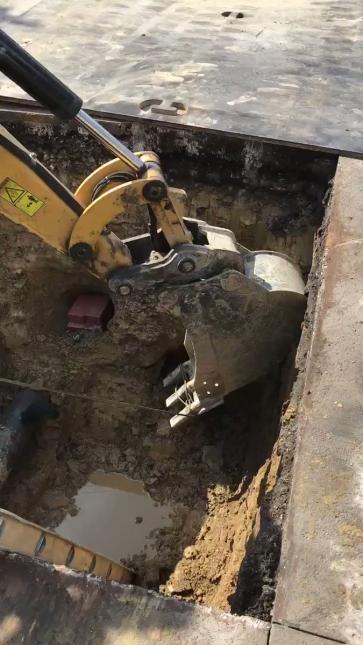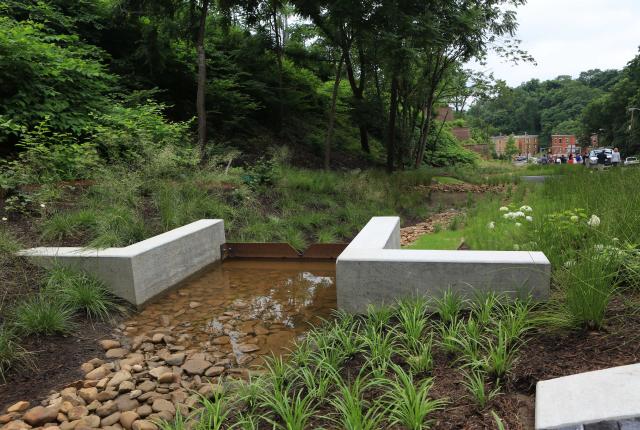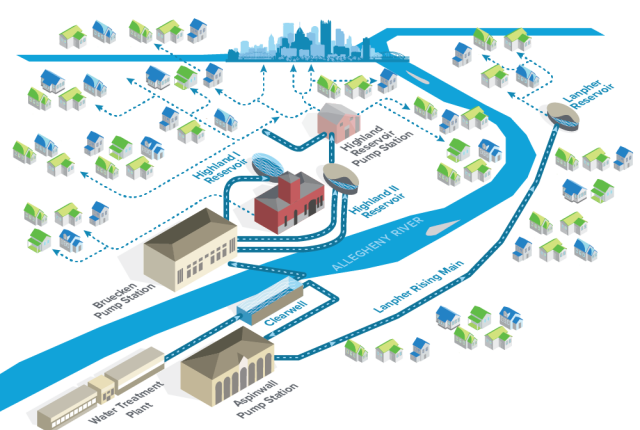
Pittsburgh, PA – This week, The Pittsburgh Water and Sewer Authority (PWSA) has met the Pennsylvania Department of Environmental Protection’s (DEP) requirement to replace seven percent of lead lines, or 855 lines, during the regulatory year that started July 1, 2019 and ends on June 30, 2020. Several contracted crews are working around the PWSA water service area, replacing lines at a rate that well exceeds the requirements set by state regulators.
The 2019 Lead Service Line Replacement Program kicked off in spring of 2019 and is funded by a combination of low-interest loans and grants from PennVEST. This $49 million program is replacing public lead service lines as well as private lead lines when they are found connected to a public lead line. These private replacements, as well as plumbing upgrades that are required as a result of the work, come at no cost to the customer. Since PWSA’s lead line replacement program first began in 2016, more than 4,800 public lead lines and 2,885 private lines have been replaced.
Lead line replacements will continue, with thousands more still slated for replacement under the 2019 program. To-date, the dedicated Lead Help customer service team has collected 5,282 agreements from customers just this year to work with PWSA and replace their lead line and improve water quality in their home.
“We’re very pleased with the productivity that our Community Lead Response Team and contractor crews have achieved so far,” said Executive Director Robert A. Weimar. “Even though we met our regulatory requirement, we will continue to focus on getting the lead out and improving water quality for all our customers.”
PWSA has also upgraded its corrosion control treatment, lowering lead levels throughout the service area while lead lines are replaced. This treatment has proven effective, with lead levels trending downward since the corrosion control upgrade in April 2019.
For more information on PWSA's Community Lead Response Program, visit www.lead.pgh2o.com.


